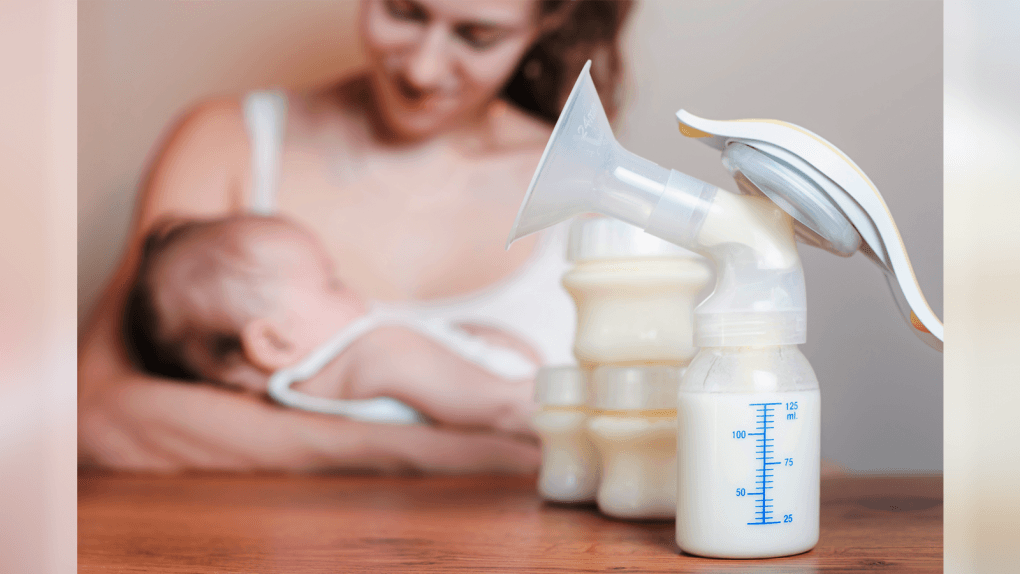If you’re giving your baby breast milk, you probably know there can be times when a breast pump can come in handy.
Breast pumps are medical devices regulated by the U.S. Food and Drug Administration. They can be used to maintain or increase a woman’s milk supply, relieve engorged breasts and plugged milk ducts, or pull out flat or inverted nipples so a nursing baby can latch on more easily.





